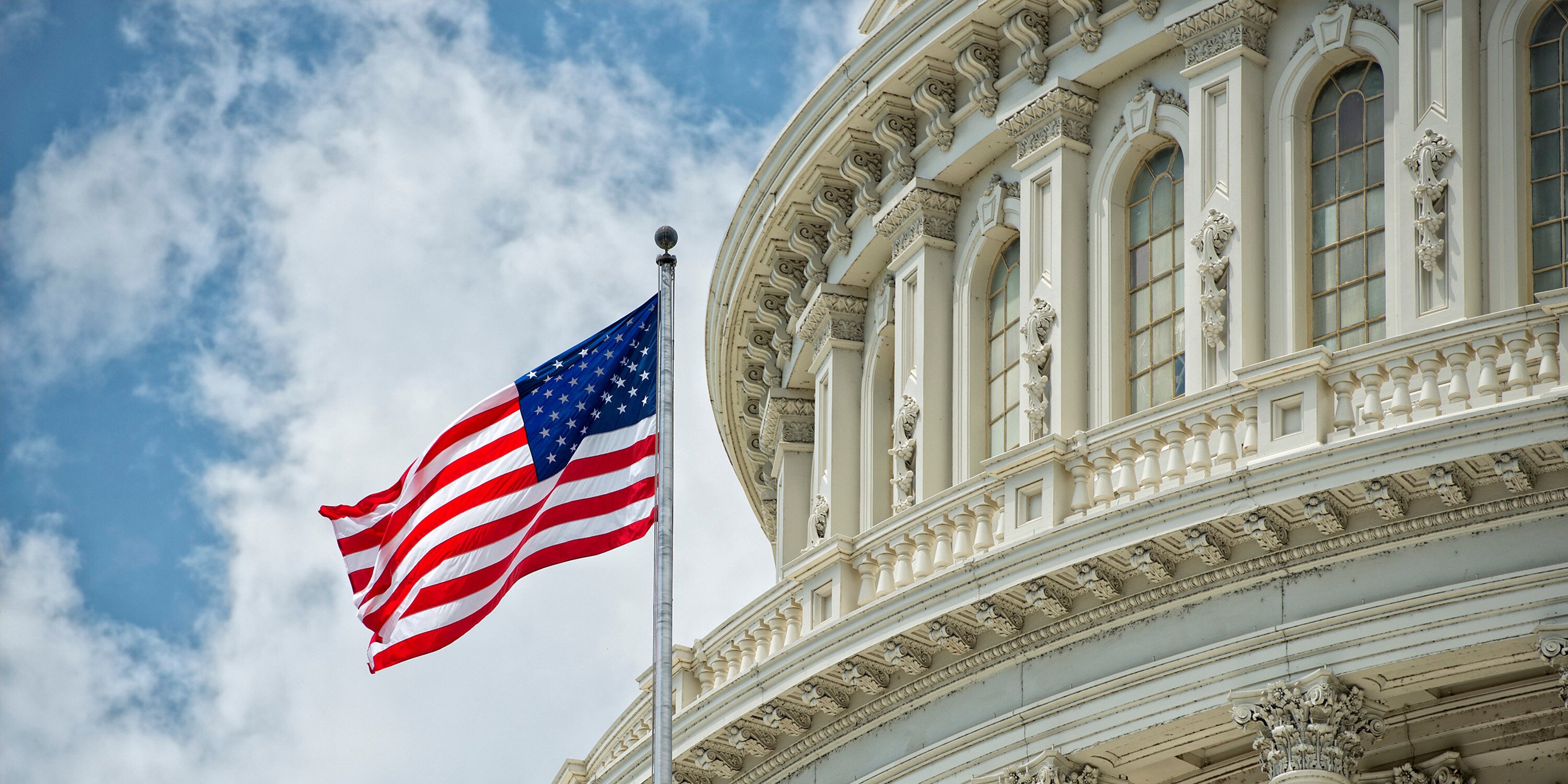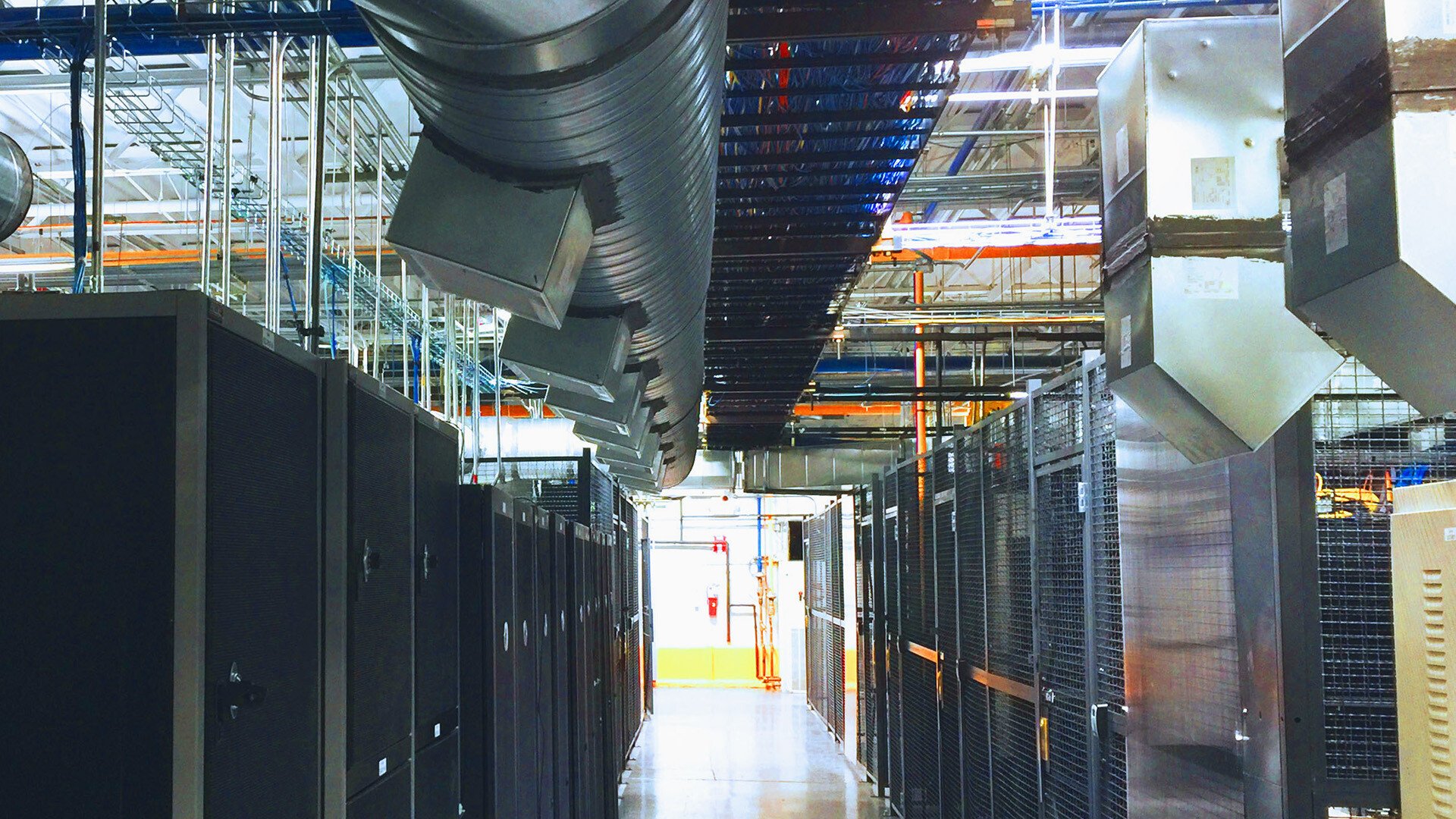Sustainability | April 25, 2024
Sustainability in the Face of Workforce Challenges: Insights from Connex 2024
In the bustling city of Nashville, Mantis Innovation stood at the forefront of a pivotal discussion about sustainability during the ConnexFM 2024 convention. Our very own Mike Bendewald moderated a panel of industry leaders and longtime ConnexFM members that delved into the pressing issue of improving sustainability in the face of workforce supply constraints. Facilities management professionals from major US companies with thousands of physical locations, including Robbie Drake (Murphy USA), Charles Stamm (US Bank), and Joshua Witte (Dollar Tree, Inc) took the stage to share their insights.
The session, aptly named “How to Improve Sustainability Despite Workforce Supply Constraints,” tackled the evolving landscape of energy and sustainability requirements. Facility managers are currently navigating a range of factors from voluntary organizational commitments to adhering to stringent government regulations like refrigerant phase-outs and local building energy disclosure and performance policies.
How the conversation is shifting
A significant concern highlighted during the discussion was the retirement of skilled tradespeople responsible for the maintenance, repair, and replacement of facility components that directly affect energy usage. The panelists agreed that the gap left by these retiring professionals is not being filled quickly enough, posing a risk to the sustainability goals of organizations. They also noted the difference in approach to facilities management from the outgoing workforce to a more digitally-minded younger generation.
The conversation then shifted to the role of original equipment manufacturers (OEMs), distributors, and maintenance firms in addressing this issue. The panel noted that while some have shown commitment through training and education programs, others have been slower to collaborate. National buyers, however, have the opportunity to leverage their scale to enter into national contracts with OEMs, fostering partnerships that provide much needed installation training and certification.
Joshua Witte of Dollar Tree emphasized the importance of inclusivity in the adoption of new technologies, stating, “There can be a fear of the technology amongst our service providers and even staff, so it’s important to bring them along in the decision-making progress.” This sentiment underscores the need for a holistic approach to technology integration, one that considers the apprehensions and educational needs of all stakeholders.
Charles Stamm from US Bank shared his perspective on vendor relationships, remarking, “Key to our ability to manage risk is selecting vendors who become true partners. We rely on them to bring these issues to us as part of our long-term and strategic partnership.” He highlighted the necessity for choosing vendors not just for their services but for their potential to be allies in the journey towards sustainability, cost control, and better building performance.
A recurring theme throughout the session was the importance of workforce supply in achieving energy and sustainability goals. Engaging with key stakeholders to assess the risks and current management strategies is crucial. The panelists concurred that if a gap exists between current practices and desired outcomes, developing a strategy that addresses both supply and demand sides is imperative. The “magic,” as they put it, happens when national partners can be found to assist on both fronts.
On technology
The panel also explored the promise of remote monitoring and control of facilities as a means to reduce the demand for maintenance and repair service trips, colloquially known as “truck rolls.” This technology, primarily marketed for its energy cost savings and sustainability improvements, also offers the potential to decrease truck rolls—a benefit that, while valuable, remains uncertain.
However, the panelists cautioned that improper planning and deployment of this technology could inadvertently increase costs. They also pointed out that the deployment cost is often lower when open-protocol building controls are already in place, as they do not require a complete overhaul.
In conclusion
The ConnexFM 2024 panel shed light on the multifaceted challenges of sustainability in the realm of facilities management. It underscored the importance of collaboration, education, and strategic partnerships in overcoming workforce supply constraints. As we reflect on the insights shared by the panelists, it becomes clear that the path to sustainability is not a solitary one but a collective endeavor that requires the commitment and cooperation of stakeholders and trade partners alike.
Mantis Innovation remains dedicated to improving global sustainability, and we extend our gratitude to the panelists for their invaluable contributions. Together, we can navigate the complexities of today’s sustainability landscape and forge a greener, more resilient future.
Have a question for presenter and sustainability expert Mike Bendewald? Ask away...
Related Posts
Discover more content and insights from Mantis Innovation

In today’s AI era, human intelligence is the key to data center facility and energy optimization
Nowhere else in modern industry do artificial and human intelligence converge with such transformative potential as in the world of data centers. As AI's extraordinary growth accelerates demand for

Power Shift: Energy Insights Post-Election
A new president has been elected, and while conversations are swirling about tariffs and drawbacks in sustainability initiatives, it is important to understand what effects the administration change

Carbon Credits Explained: A Primer for Achieving Your ESG Goals
In the race to achieve net-zero emissions, carbon credits have become a crucial tool for companies with hard-to-abate emissions. As of 2024, almost half of the Fortune 500 companies have net zero

Five Trends Driving Data Center Facility Energy Optimization
Today’s digital economy, commercial and industrial digitalization, and the recent explosion in artificial intelligence and machine learning (AI/ML) powered computing are driving massive growth in